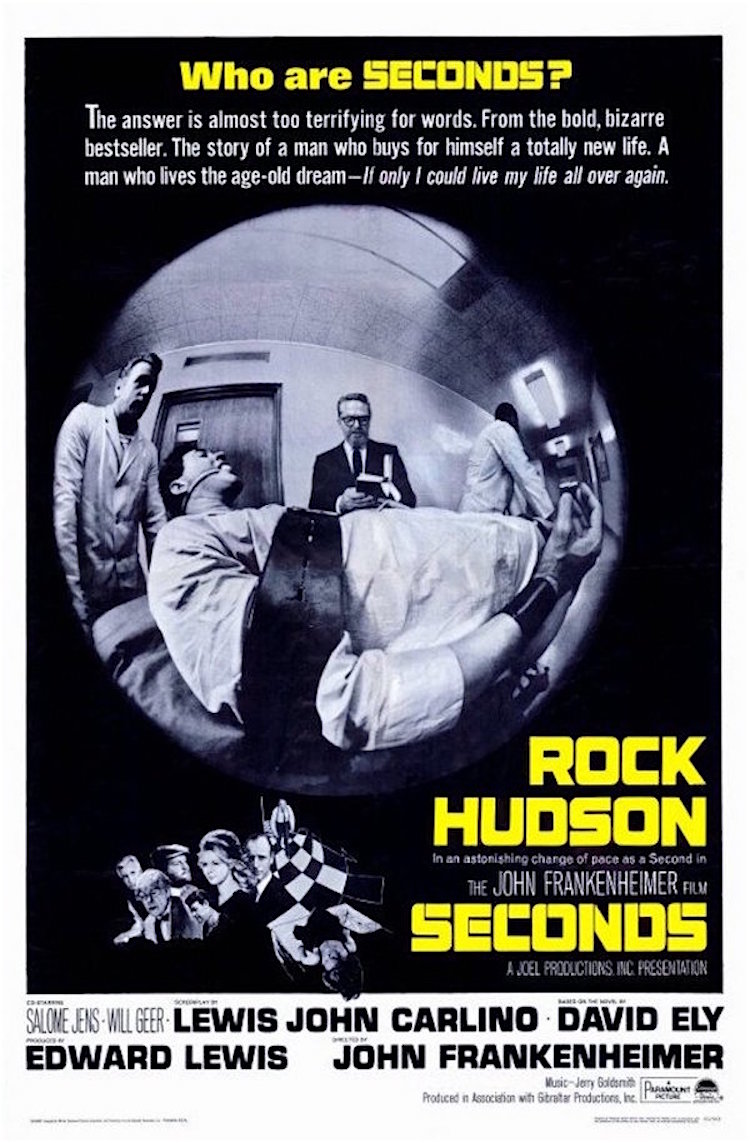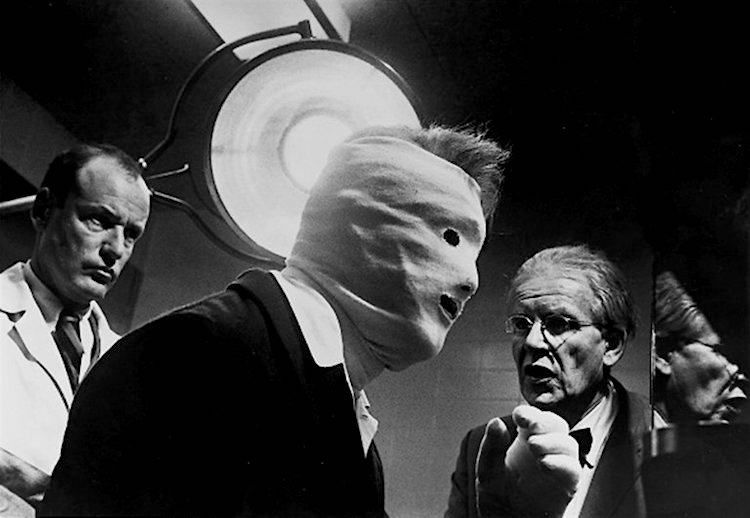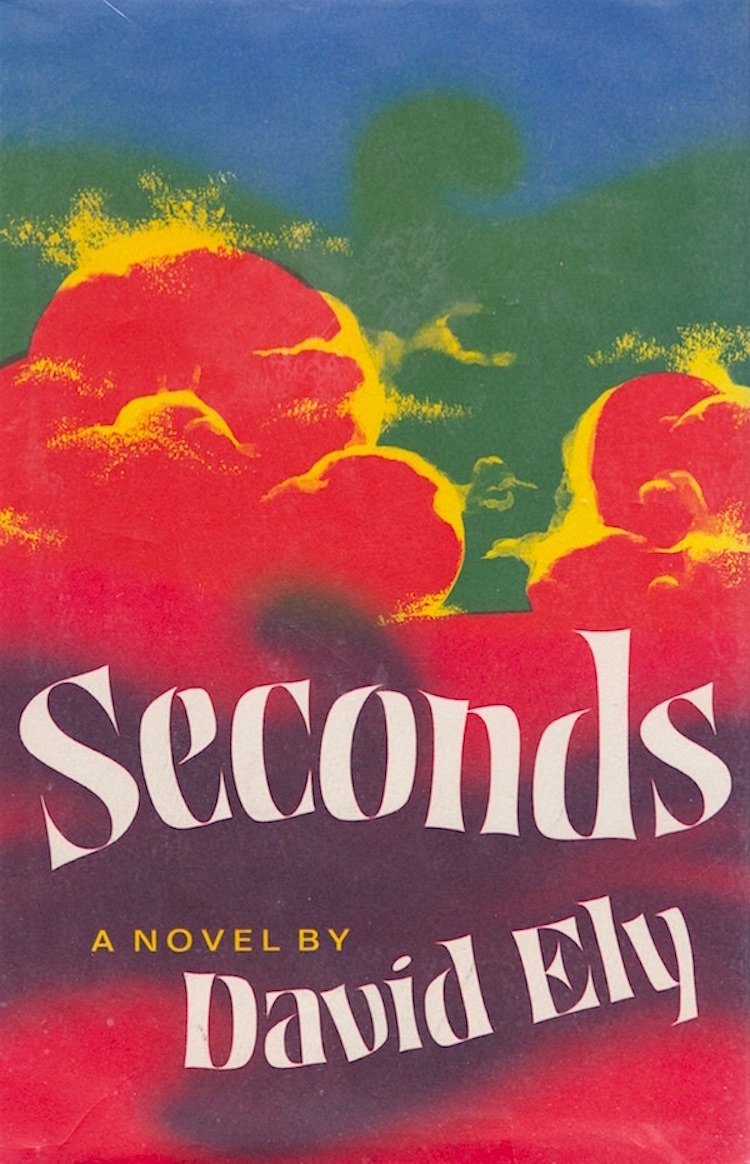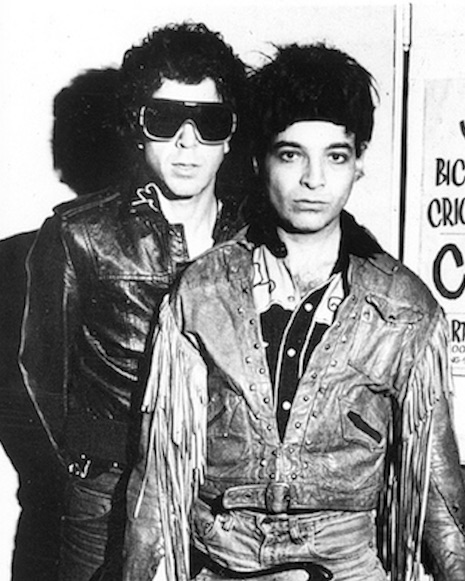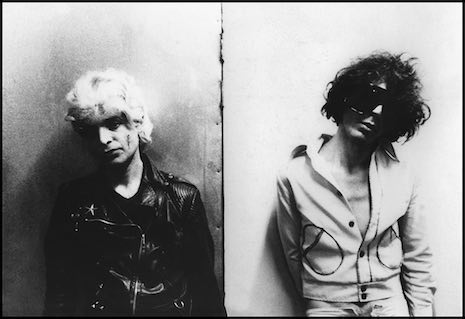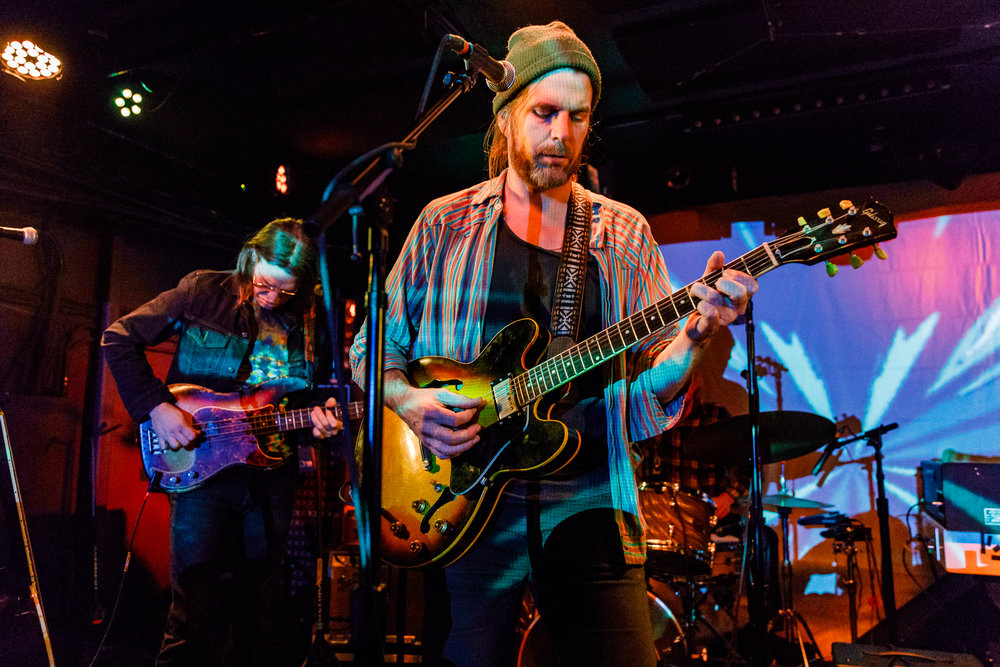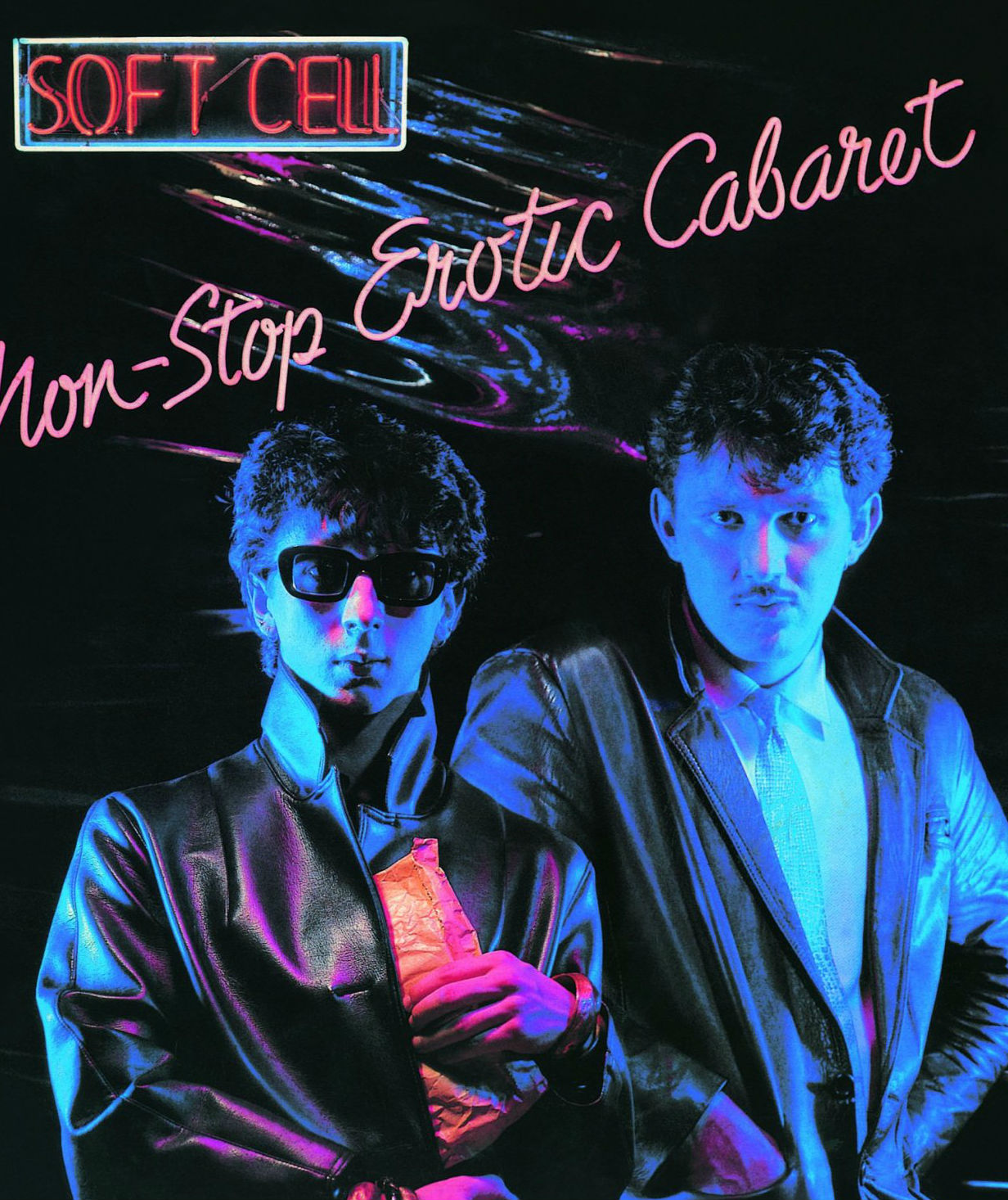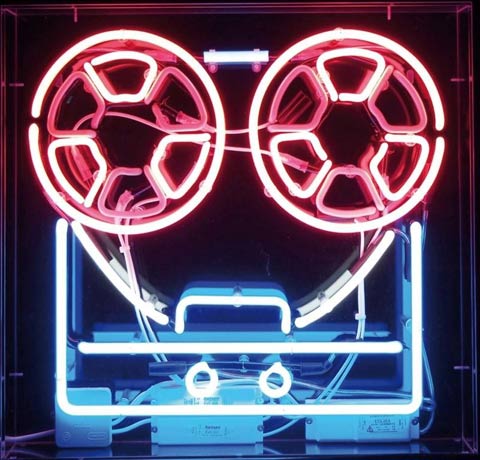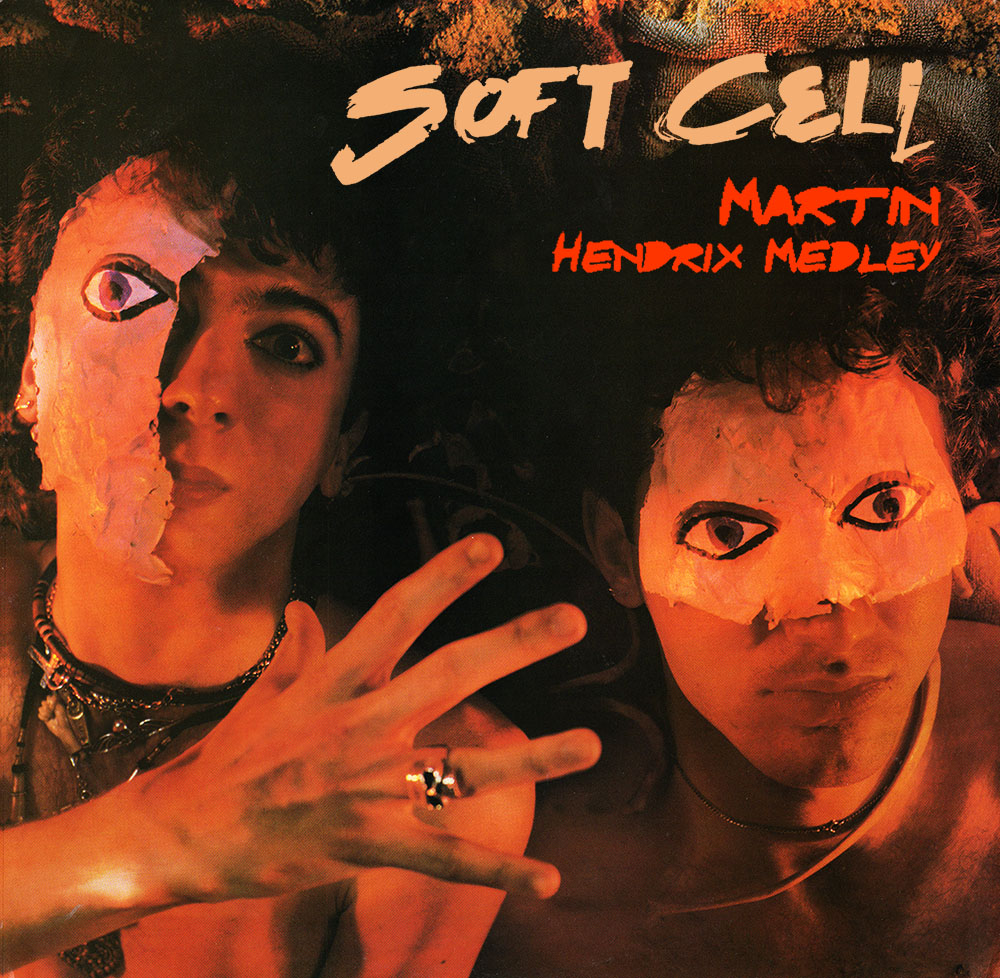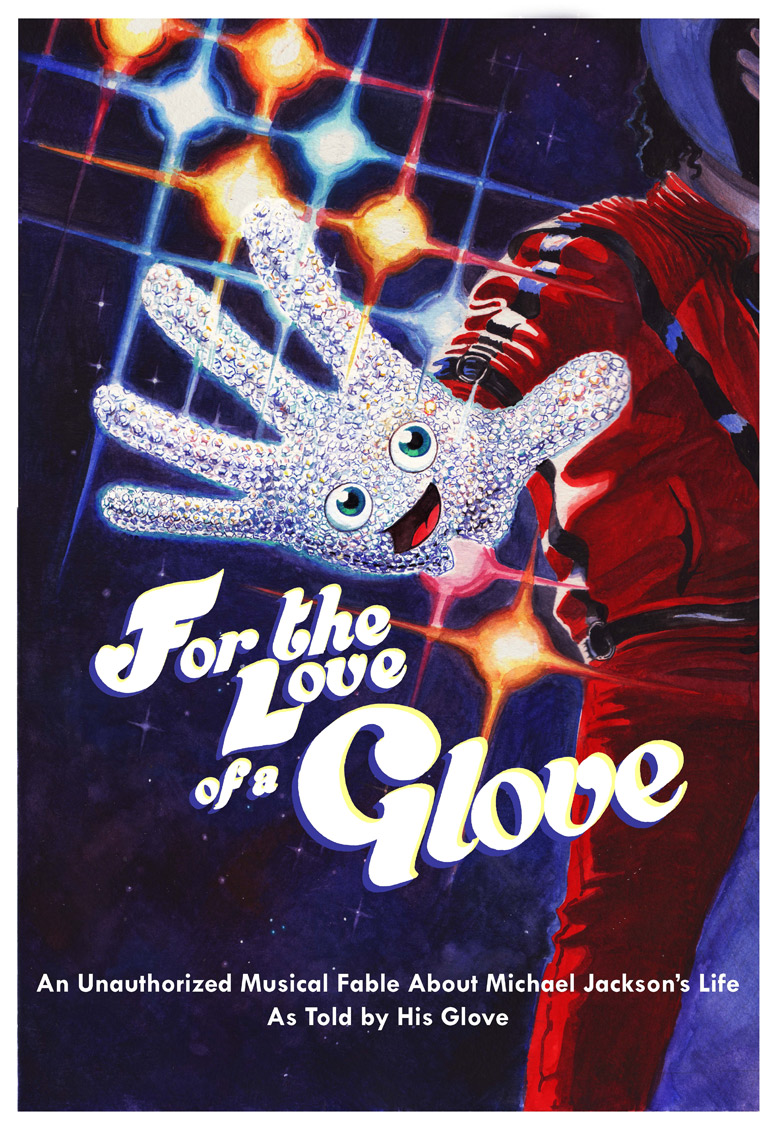
Julien Nitzberg. Shit-stirrer, rebel director, artist, punk rocker and genius are some titles bestowed on this forward-thinking, back-slapping smart-ass. You might know him from his earliest documentary on Hasil Adkins—lunatic rockabilly one man band-he thought the guy in the radio made the music that way. Hasil sang about beheading his girlfriend so she “can eat no more hot dogs.” At that time he met Adkins’ neighbors the White family, who were the focus of his next documentary, the VHS cult sensation The Dancing Outlaw, about Jesco White, hillbilly clog dancer and Elvis impersonator. If you added up all the views just on YouTube of the different clips of this film alone it adds up into the millions.
Fast forward to 2009, Johnny Knoxville and Nitzberg make the cult hit The Wild and Wonderful Whites of West Virginia. In between these Nitzberg did many other projects Like Mike Judge presents: Tales From the Tour Bus and the controversial The Beastly Bombing operetta, an equal opportunity love/hatefest about, well…the subtitle of the operetta is “A Terrible Tale of Terrorists Tamed by the Tangles of True Love,” if that helps. You can read about it here.
All I knew about For the Love of a Glove going in was Julien’s history and sense of humor and that it was about Michael Jackson. That alone is at least a Godzilla’s worth of possible satiric destruction in the hands of Nitzberg, and that’s putting it mildly! It seems all of MJ’s bad behavior is blamed on aliens that look like glittery gloves who come to take over humanity. Oh did I mention it’s also a musical? And a puppet show? With life-sized puppets? The main one being Donny Osmond, Michael’s mortal enemy? There’s even one of Corey Feldman! And Emmanuel Lewis!!
The show is a non-stop comedy clobbering of the senses, with a very small, very talented cast, great original music, cool effects, etc. Most of the actors play as many as four roles, and being that much of the cast is African American it was odd/funny and visibly uncomfortable (to some) when these actors donned white hoods for the big Ku Klux Klan musical show stopper! But if you know Julien…

In these days of modern mass paranoia and casual racism, over-sensitivity and dumbing down of all things, even I had a flash of looking behind me (as I saw others do) and wondering if this was cool to like, who was getting offended, who was laughing, and right then at that moment I realized I have been way more affected by all this modern bullshit than I thought. We need people like Julien Nitzberg to remind and instill in us that it is not only okay, but quite necessary to think, laugh (at ourselves AND at others) and learn.
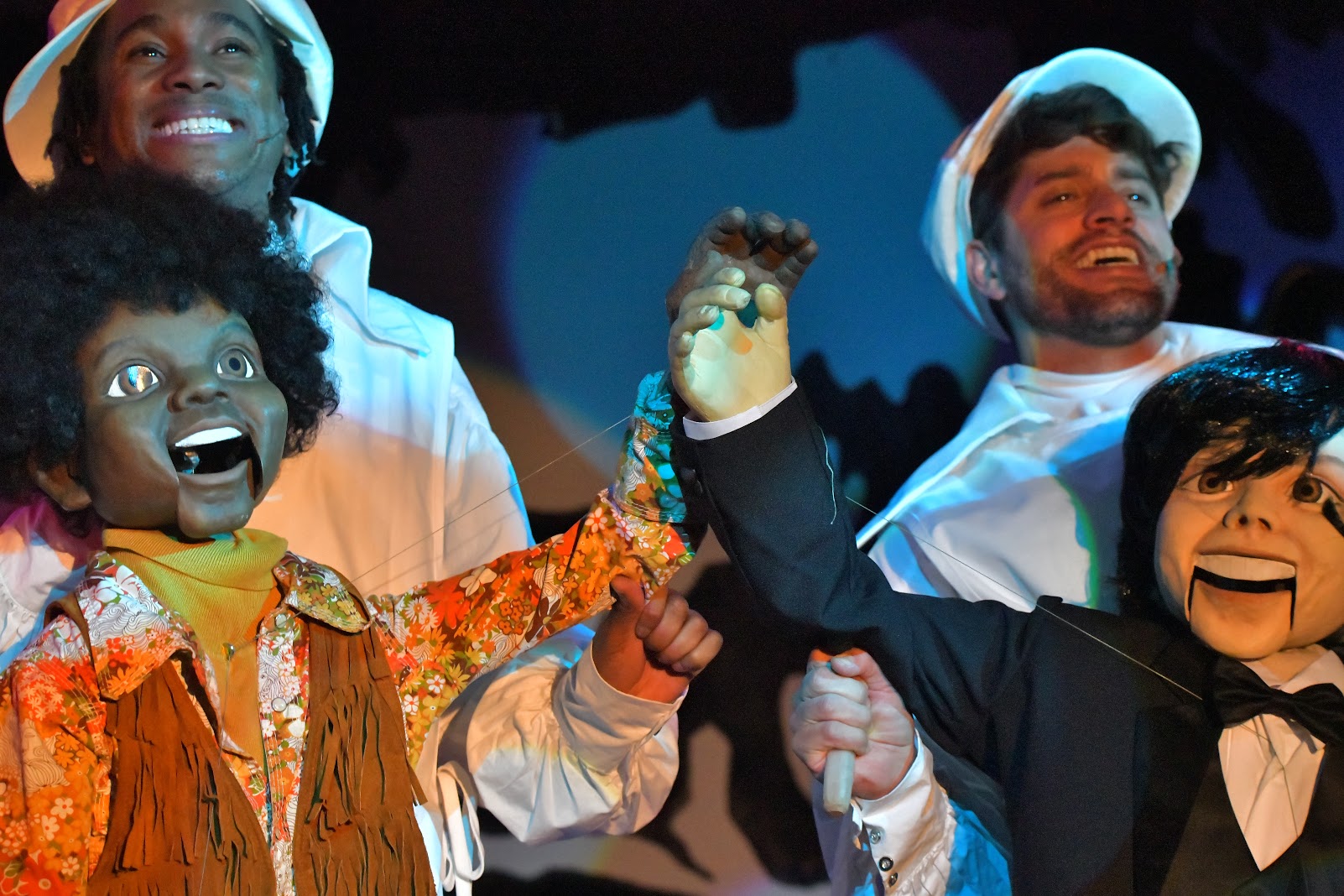
I spoke to Julien Nitzberg and cast member Pip Lilly about all of this.
Howie Pyro: Okay so why now? When did the idea come to you & what brought MJ to the top of your creative lunacy?
Julien Nitzberg: The initial idea for this show came to me almost seventeen years ago. I was approached by a major cable TV network to write a Michael Jackson biopic. I’ve been a Michael Jackson fan since I was a little kid and watched the Jackson 5 cartoon on Saturday mornings. I tried to find an interesting way to tell Michael’s story, but the later years were just too bizarre and I couldn’t find a normal way to tell it. How could anyone explain Bubbles the chimp, trying to buy the Elephant Man’s bones or sleepovers with kids. It was all too bizarre. I decided that the only way to tell it was to find a surreal way into the story. I pitched them the idea that all the boys and things in Michael’s life weren’t his choices. Instead his glove was an evil alien trying to take over the world who forced Michael to do all the bizarre things in his life. The alien gave him his talent so Michael was forced into doing things that he was severely embarrassed by.
The execs laughed at this idea but then asked me to do the normal version. I knew it would turn out terribly, so I said no. Over the years my mind kept returning to Michael’s life and finally I decided to write my version of his life as a musical with all original music.
I spent a couple of years researching Michael’s life trying to find the most interesting obscure parts to talk about. I decided to have it focus on his religious upbringing as a Jehovah’s Witness. Jehovah’s Witnesses have a really fucked up attitude toward sexuality. They teach that masturbating can turn you gay because as a man you get used to a man’s hand on your penis and want other mens’ hands on your penis. I thought this was hilarious. How did MJ get raised in the religion and then his most famous dance move winds up being him grabbing his own crotch? I then realized he didn’t do the crotch grab, his alien glove forced him to do it!
I also found out more about his rivalry with Donny Osmond. The Osmonds were clearly patterned to be the white version of the Jackson 5. Five brothers singing, dressing similarly. It was creepy. The Osmonds first big hit was “One Bad Apple.” It sounded so much like the Jackson 5 that Michael’s mom thought it was the Jackson 5 when she heard it on the radio.
The Osmonds clearly ripped off the Jackson 5 and what was worse they were Mormons which at the time taught that all black people were cursed with the “Mark of Cain” and were not allowed in their temples. They even taught that if you were black and converted to Mormonism you could go to Heaven but would be a servant to white people in Heaven. It’s some of the most fucked up religious shit you can dream of. They also taught that at the end of days when Christ returns all black people will have the curse of the “Mark of Cain” removed and turn white. Of course, Michael did this in his life so that became a big part of the story. We even have a song that Donny sings to Michael called “What a Delight When You Turn White.”
I felt like now was a great time to do the show. Everyone is talking about how our country has been ruined by fucked up racist and homophobic religions. We deal with one of the clearest cases of cultural appropriation that ever existed - people who belonged to an openly racist church going out and trying to sound like the biggest black music act of the day. It all felt like things that are in our country’s cultural conversation right now.
For those who don’t know you or your sense of humor…there’s quite a few things that many different types of people would/could find offensive…do you think this is a help or a hindrance to the success of the play?
Julien Nitzberg: I have no idea. I love super offensive humor. I was raised on John Waters, Mel Brooks, the Ramones, Dead Kennedys, Tom Lehrer and Monty Python and think those influences pervade For the Love of a Glove. I hope our culture has matured enough that people can enjoy my fucked-up punk rock humor. And who wants to see a non-offensive Michael Jackson musical?
In the play most of the cast is African American and all the cast members play multiple roles. The Ku Klux Klan musical number was hysterical (and obviously not pro KKK) but was it odd to ask the African American actors to don KKK hoods?
Pip Lilly: I think donning the hoods is hysterical. I never felt weird about it. I’m an actor and it’s a costume. Plus, I have the power here. Just wearing it is a radical act that would have gotten me killed 70 years ago. Also, real talk, the Klan deserves to be besmirched and clowned over and over again. Julien does a great job of setting up the racial issues that were the foundation of 1960s black folks.
Julien Nitzberg: Since the Jackson 5 were from Gary, Indiana, I did a lot of research into the history of Indiana. I discovered that in the 1920’s, one third of the white citizens of Indiana belonged to the KKK. The KKK in Indiana had 250,000 fucking members! How crazy is that? 250,000 KKK members just in Indiana! I decided we needed a song about that called “What Is It About Indiana?” Most people think of Indiana being part of the North so that shows how fucking racist, anti-Semitic, anti-immigrant and crazy our country’s always been. I wondered how that would have affected people growing up there so I thought we needed a song about that, contextualizing the fucked up state where the Jackson 5 grew up. It’s a very Mel Brooks number with dancing KKK members. I feel like if you laugh at horrible people you make them into a joke and take away their power. The show only has ten actors. Eight are black and two are white so we ended up needing some of the black actors to play KKK members. I asked the actors if they were comfortable with it and they all laughed. They thought it was hilarious. It was a lot like when Mel Brooks plays a Nazi. You feel a certain power over the oppressors putting their clothes on and mocking them. We had the actors strolling in laughing saying “I finally joined the KKK.” Cris Judd, our choreographer, gave the KKK members in the song all these Bob Fosse-style dance moves so it’s extra ridiculous. They are always rubbing their robes sensually, like it’s a big turn on.
It’s really funny yet disturbing. But it lets the audience know early on this show is going to dive deep into American racism but by laughing at the horribleness of our history we are stealing their power.
My mom was a Holocaust survivor. I lived as a kid in Austria where I went to 5th and 6th grade and got called “a dirty Jew” by one kid there. There was swastika graffiti everywhere in Vienna. For me as a kid discovering Mel Brooks and seeing The Producers was life changing. Instead of being scared of Nazis, it was much more fun to laugh at them. This comic attitude is what I tried to bring to this show with the KKK. I don’t think there is anything that would piss off KKK members more than knowing we have black people wearing their robes, dancing like they are in a Fosse musical.
Any other major influences?
Julien Nitzberg: Another big influence was the Rutles. When I was looking for clever musical parodies to inspire the project there was only one that really stood the test of time and that was Eric Idle’s genius Beatles parody All You Need is Cash starring the Rutles. My two favorite bands as a kid were the Beatles and the Jackson 5. I saw the Rutles movie when it debuted on TV and immediately went and bought the record. In the years since, I almost never listen to the Beatles. But oddly, I still listen to the Rutles record all the time and love them more than the Beatles. When my composing team—Nicole Morier, Drew Erickson and Max Townsley—started working together, we spent a ton of time listening to the Rutles. The Rutles’ songs were as good as the Beatles. They are great pop songs. I wanted our show to do the same thing. I didn’t want the songs to sound like musical theater songs. Nicole said she wanted the songs to sound like they were lost R&B/soul music classics that never got discovered at that time. The composers worked really hard to get that right feel of the times and I think they did it majestically.
Weirdly, a good friend of mine Rita D’Albert (who created Lucha Vavoom) is friends with Eric Idle and I met him at her birthday party. He’d heard of the musical from Rita. He came up to me and said he had a new title idea for the show. I asked him what it was. He dryly said “Rhapsody in a Minor.” I looked at him totally confused and then suddenly I got the joke. It was embarrassing how long it took me. What a genius!
So you’re at this point—and this could be more than enough for what you were going for—and then you introduce a mirror image villain!! So now MJ has aliens and uptight white nerds grinding away at him! What brought the Osmonds up and were you worried Donny might upstage Michael?
Julien Nitzberg: As a kid, I was a giant Jackson 5 fan and every time I heard “One Bad Apple” I was always confused thinking “This sounds too much like a Jackson 5 song.” If you google it, you’ll even see that many people thought it was a Jackson 5 song. So when I started writing the show, I decided to research this. I soon discovered that the Osmonds were consciously created as the white equivalent to the Jackson 5. They were five brothers like the Jackson 5. They’d been a barber shop quartet who sang minstrel songs and then later were the blandest band ever to appear on the Andy Williams show. Suddenly they start sounding like the Jackson 5 and doing Motown songs. They start dancing like the Jackson 5. It’s extra fucked because they belong to a church that teaches the most racist ideology and won’t let black people into their temples. Then I discovered that their transition to being Jackson 5 imitators happened just after they toured opening for Pat Boone! Fuck, that showed me what exactly was happening. In the show we call the process of a white artist ripping off a black artist “Pat Booning” and that’s what they did.
For the more conspiracy-minded, people should note that Mike Curb was involved in the Osmonds’ career producing records by Donny. Mike Curb was a producer who was super right wing and got elected Lieutenant Governor of California with the support of his mentor Ronald Reagan. He’d dated Karen Carpenter. At one point, he was head of MGM records and kicked the Velvet Underground off the label because he considered them too pro-drugs. It would make sense that a right winger would push back against any great black artist by helping create a pale white imitation.
Let’s discuss the second act.
Julien Nitzberg: The second act has Michael as a grown-up. Then he discovers that Berry Gordy has signed Pat Boone. Then Michael and his glove have sex for the first time. Then he gets inspired by that to write “Beat It” and record Thriller. The glove suggests that Michael should be a reverse Pat Boone and play with Toto and Eddie Van Halen.
Then he can’t take feeding the gloves anymore. He invites kids over for a sleepover party. He doesn’t like it and it ends up going on a date with Brooke Shields. His glove gets jealous and starts grabbing his crotch on TV. They have a fight. The gloves decide to kill Michael. The plan is thwarted. The glove gets burnt trying to kill himself so Michael has to masturbate with the audience to save his life. The glove and Michael realize they are in love.
The second act has demented fantasy, but also a ton of history. People don’t realize that Michael only became as big as he did because CBS Records blackmailed MTV into showing Michael’s videos. MTV did not show “Urban Music.” That of course was just a euphemism for any music by black artists. They didn’t want to show “Beat It.” CBS told MTV they wouldn’t let them show any videos by Bruce Springsteen, Billy Joel or the Rolling Stones if they didn’t show Michael’s videos. It’s a really shocking take on how American racism was still awful in the 1980’s.
And so how’s the reaction been (In a literal sense)? Not live, but reviews. Misunderstandings from simple minded types that can’t get past the sight of seeing a hood stuck on a black person by a white guy etc…
Pip Lilly: My friends like the show. They seem to love the music, the comedy, and the spectacle. People are genuinely entertained, which can only help people appreciate the satire.
Julien Nitzberg: All our write ups have been great. The reaction has been great. We’ve had nights where it was all UCLA students who had not grown up with Michael Jackson. They were gasping and laughing the whole time. Despite the rumors about millennials being easily offended, the people who seemed most offended were in their 30s and 40s. But it’s been 95% positive and 5% super disgusted which I think is a great ratio.
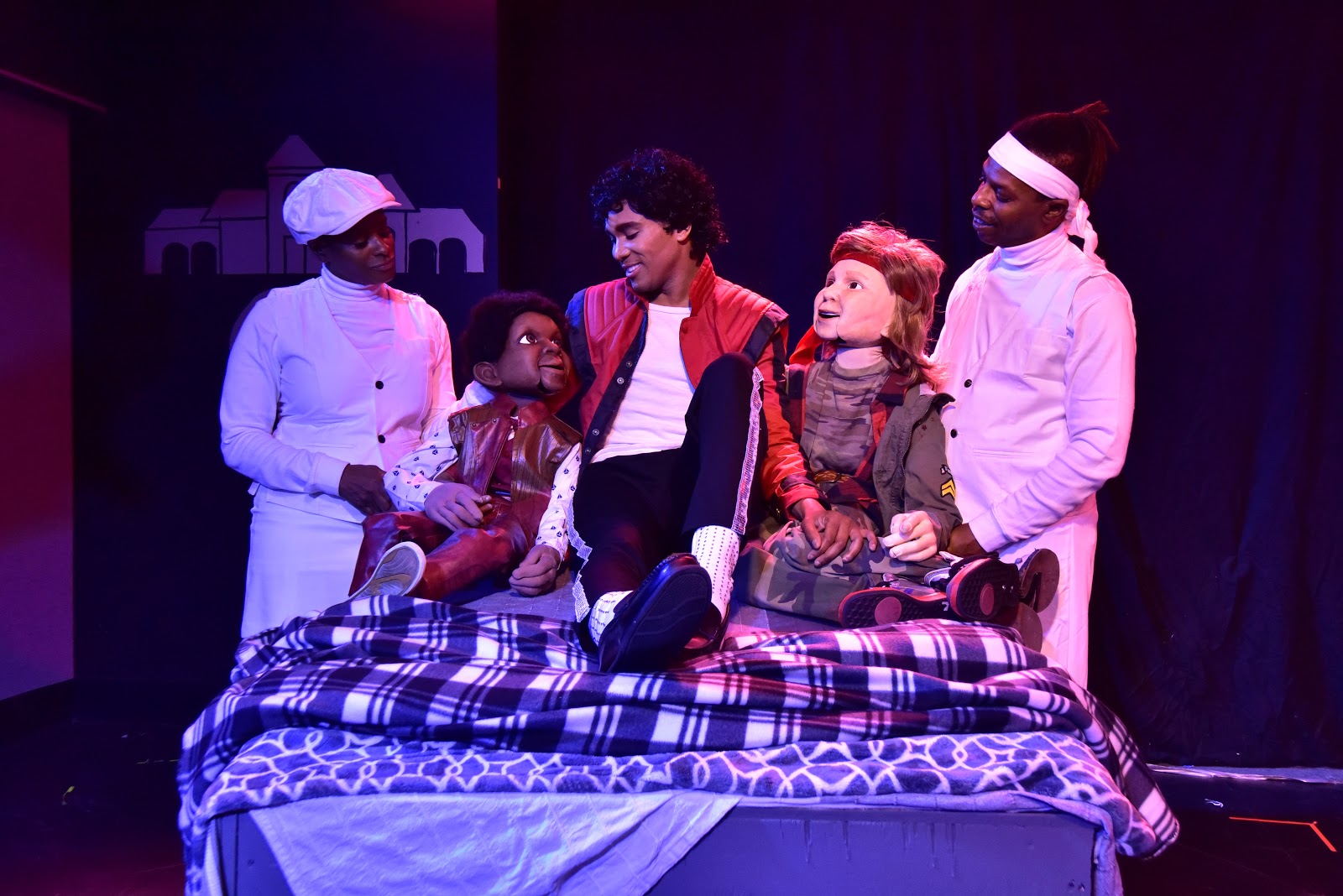
Great news! For the Love of a Glove has now been extended until the end of March! Get tickets and info here.






